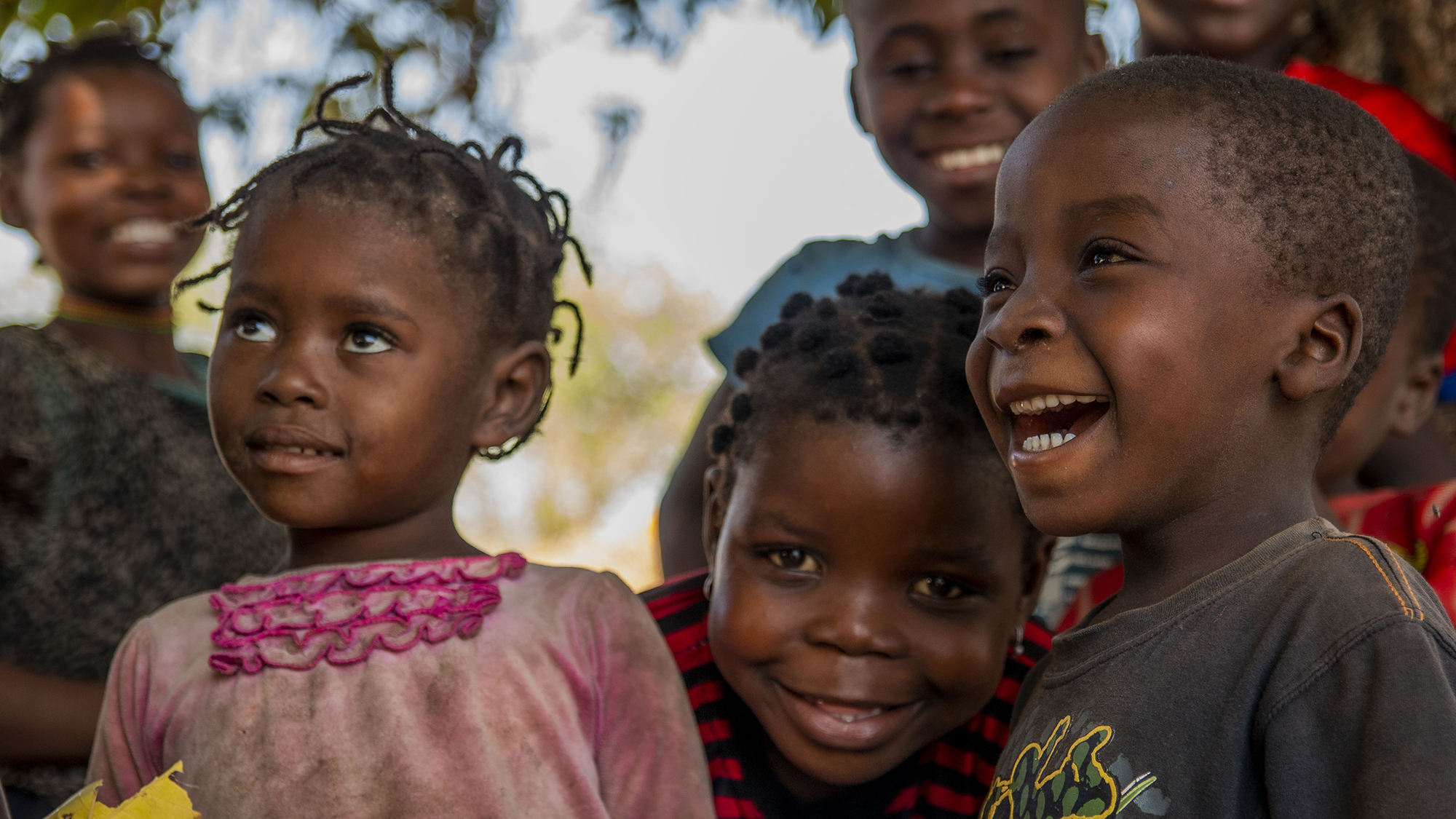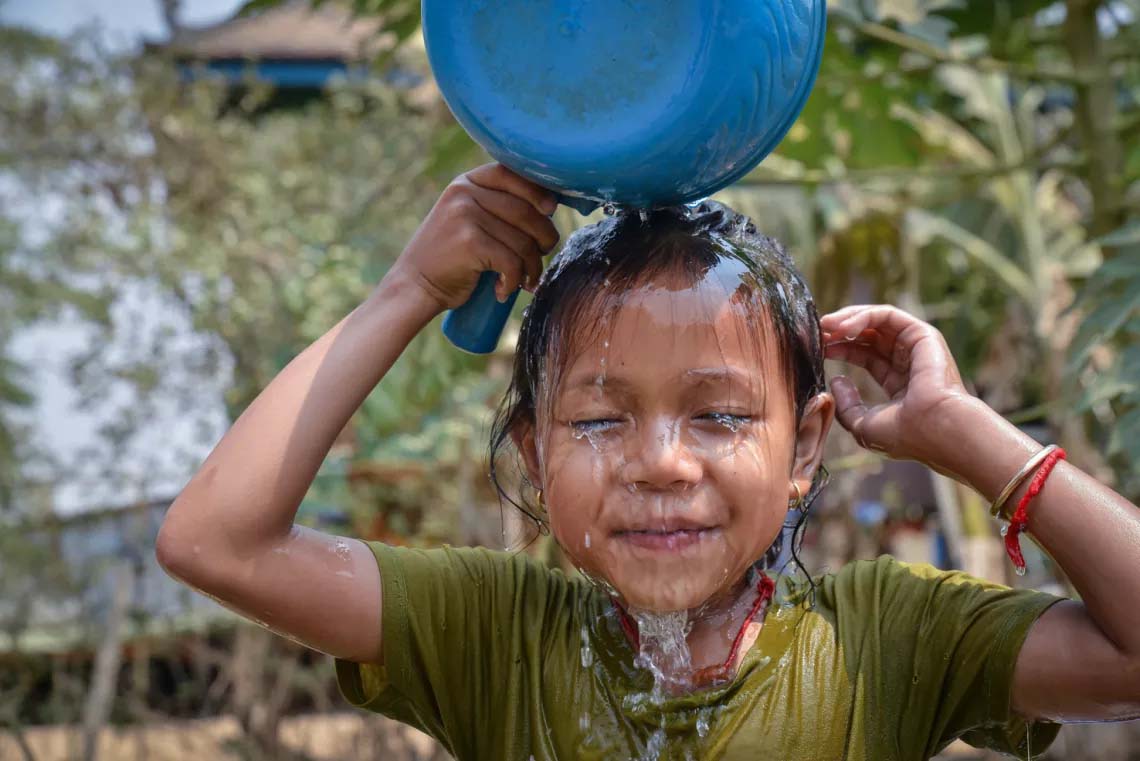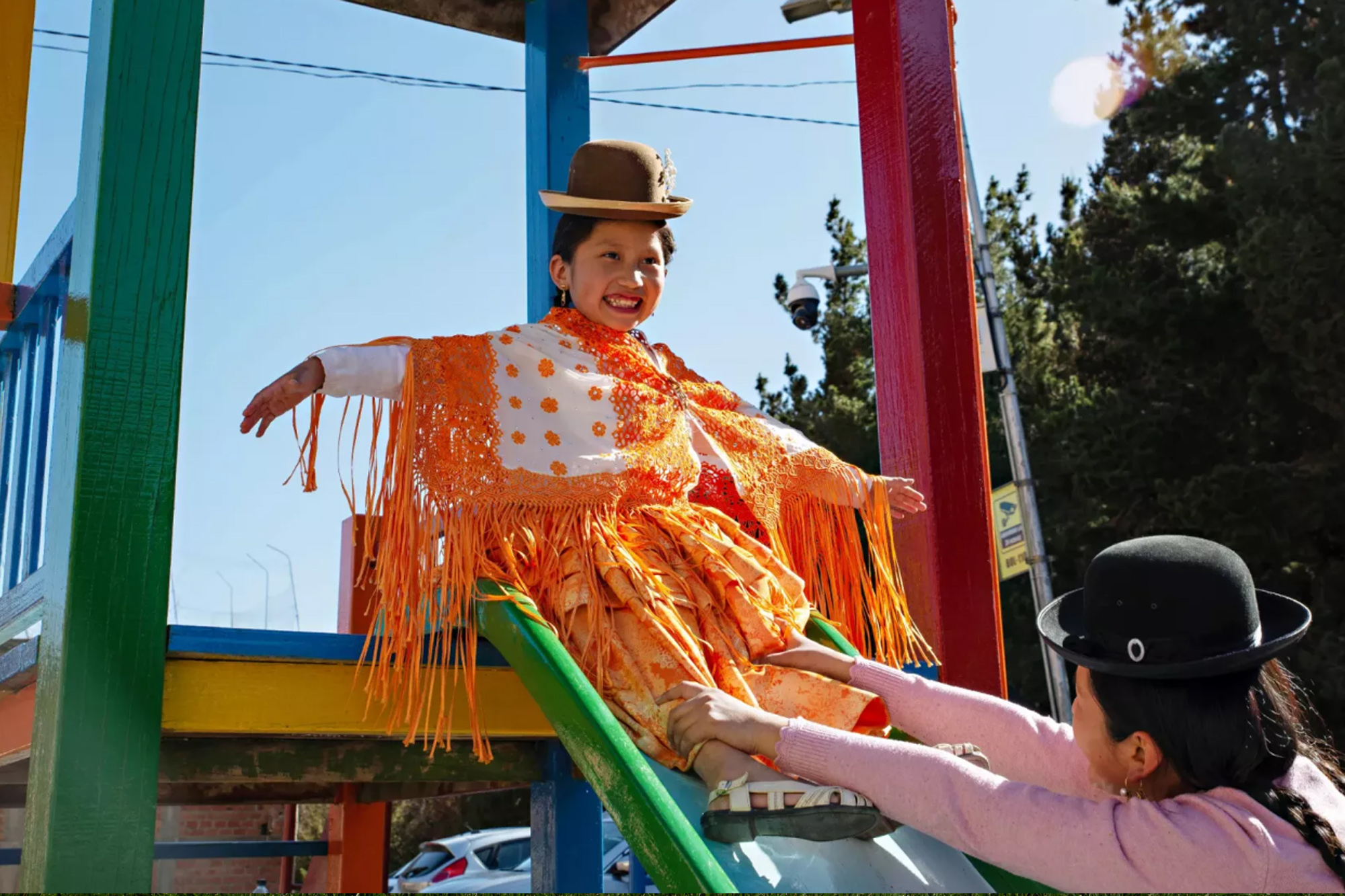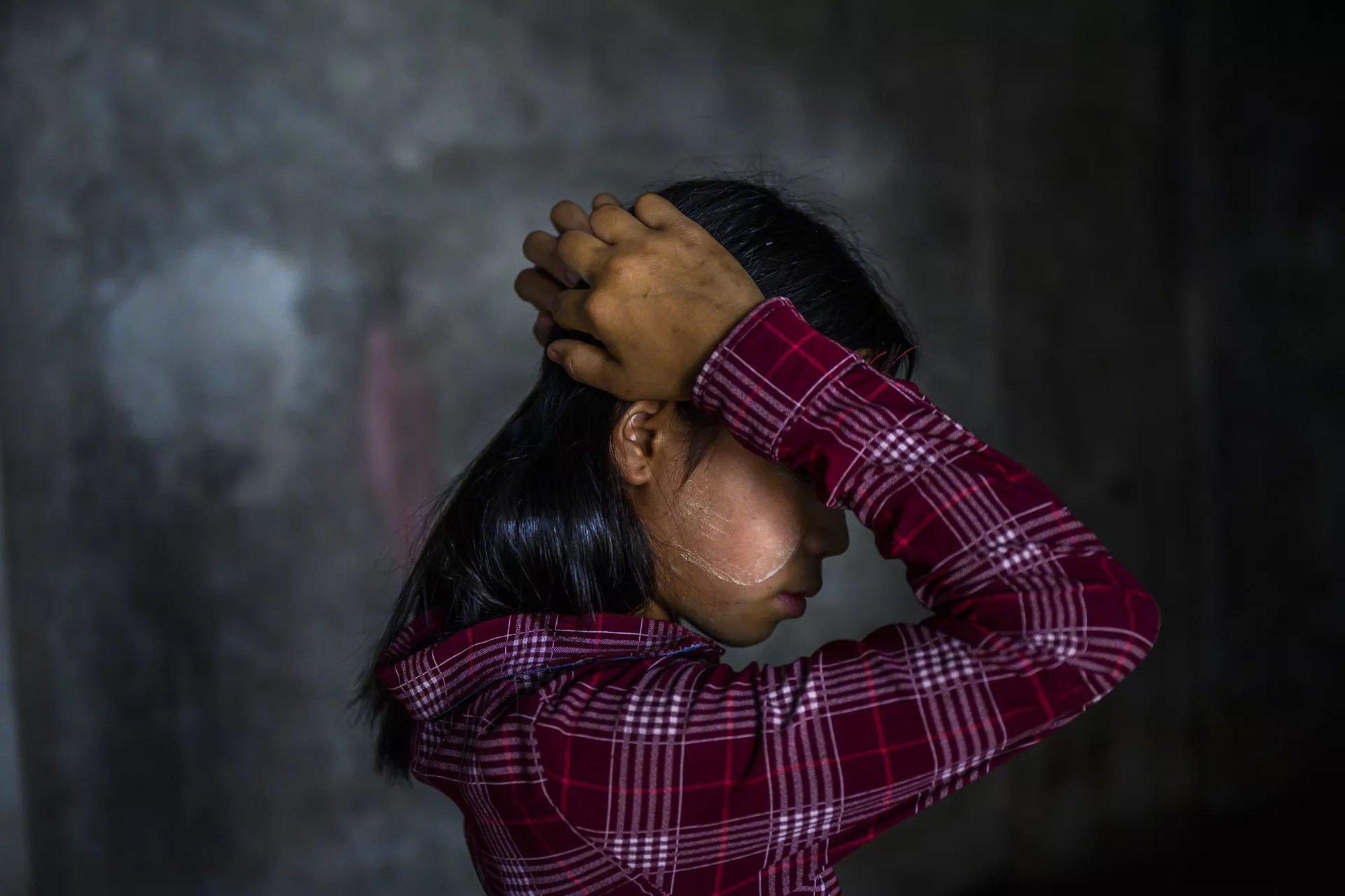Find out more in
Global Issues:
Climate change is raising global temperatures and causing historic heat waves. More countries are facing hotter days more frequently, with more intensity and for longer periods. The heat stress caused by exposure to heat waves can negatively affect health and well-being, especially for infants and young children. As heat waves become more frequent and last longer, the need for urgent action grows stronger. Preparedness can protect vulnerable populations, especially children. UNICEF encourages governments and partners to join the Children’s Environmental Health Collaborative.
UNICEF's Goodwill Ambassador Orlando Bloom reflects on the greatest joy of his life: being a parent.
Small Island Developing States (SIDS) are susceptible to extreme weather events, rising seas and temperatures, coastal erosion and biodiversity loss – all caused or exacerbated by climate change. Children and young people living in the SIDS are especially vulnerable: a degraded environment affects them physically and psychologically. This is why youth action to protect SIDS is so important. On the eve of the 4th International Conference on Small Island Developing States (SIDS4) in Antigua and Barbuda, children and young people representing 35 of the 57 Small Island Developing States gathered at the Children and Youth Action Summit – to ensure that their voices are heard at this once-in-a-decade global event. Pictured: Children play by the sea on reclaimed land in Tuvalu.
UNESCO, OECD, and the Commonwealth Secretariat's inaugural global report aims to quantify the economic ramifications of widespread educational exclusion among children and youth globally.
UNESCO, OECD, and the Commonwealth Secretariat's inaugural global report aims to quantify the economic ramifications of widespread educational exclusion among children and youth globally.
On the surface, play may seem like it’s all about having fun, but it’s far more than that for babies and toddlers. It’s about learning and building important life skills – from problem solving to expressing ideas – and strengthening the bond between you both. UNICEF teamed up with the LEGO Foundation to explore the science behind how you can help your child grow and develop during these playful interactions. The good news is that children don't need expensive toys to play and learn. Here are 7 toys you can make at home to help get you started and here is how you can turn everyday routines into learning opportunities.
The importance of play for children’s development is recognized by the UN Convention on the Rights of the Child, which sets out “the right of the child to rest and leisure, to engage in play and recreational activities”. The United Nations General Assembly established 11 June as the International Day of Play to champion and protect this right. On this day, UNICEF called for this right to be fulfilled for every child.
Yabao Oumarou works in a farming cooperative in Côte d'Ivoire. The son of a planter, he recently attended an International Labour Organization (ILO) training session on child labour, health and safety, and general welfare. The focus of the training changed his perception of child labour, and he now believes that if everyone had this guidance, work would be easier, safer and more productive. "We are now raising awareness about children's rights and the importance of education," he said after the instruction.
Refugee camps force children to mature prematurely, stripping away their childhood and thrusting them into harsh realities.
June 11, marks the first-ever International Day of Play, a significant step in the mission to champion the value of play for everyone, particularly children. This day highlights how play helps individuals thrive and achieve their full potential. As a universal language, play unites people across national, cultural, and socio-economic lines, building community and pride. On this day, let’s celebrate the power of play. Are you ready?
The World Day Against Child Labour (12 June) serves as a driving force in the growing global effort to combat this type of work that deprives children of their childhood. This year's theme, "Let's deliver on our commitments: End Child Labour," calls on the international community to strengthen the implementation of two core conventions on the issue- Convention No. 182 and Convention No. 138. Through Sustainable Development Goal Target 8.7, the world has pledged to eliminate child labour in all its forms by 2025. Let's work together for a world free of child labour! #EndChildLabour
Children living in war zones face unimaginable horrors every day, from violence and abduction to denial of essential aid. The International Day of Innocent Children Victims of Aggression (4 June) recognizes their suffering and reaffirms the UN's commitment to protecting children's rights. This day affirms the UN's responsibility to protect children's rights. Its work is guided by the Convention on the Rights of the Child, the most rapidly and widely ratified international human rights treaty in history.
In 2023, the United Nations International Children's Emergency Fund (UNICEF) provided mine risk prevention and response services, including survivor assistance, to nearly 140,000 individuals, among them children, throughout Myanmar. Efforts to scale up mine risk education sessions, supported by pamphlets and handbooks in local languages, are underway in conflict zones. The escalating deployment of landmines in Myanmar poses a grave danger to children's safety and well-being. Each detonation not only ends lives but also destroys aspirations and strips away the innocence of childhood. It is crucial for all involved parties to collaborate in safeguarding children from the severe consequences of landmines.
As Gaza faces the looming specter of famine, the harrowing toll of malnutrition has already claimed the lives of twenty-seven innocent children, with countless others teetering on the brink of starvation. In response, the World Health Organization has mobilized efforts to train healthcare workers in identifying and treating severe malnutrition complications, while also establishing critical nutrition stabilization centers in key areas of the region. Urgent action is imperative to stem the tide of this humanitarian crisis and prevent further loss of life among Gaza's vulnerable population.











